Despite the November 1, 2024, implementation of a ban on Liquefied Petroleum Gas (LPG) exports, Nigerians may not witness a substantial decrease in cooking gas prices, experts say.
The ban, aimed at stabilizing prices and boosting local availability, requires domestic producers, including the Nigerian National Petroleum Company Limited (NNPCL), to halt LPG exports or import equivalent volumes at cost-reflective prices.
The Minister of State for Petroleum Resources (Gas), Ekperikpe Ekpo, confirmed that the Nigeria Midstream and Downstream Petroleum Regulatory Authority (NMDPRA) would establish a local pricing framework within 90 days, moving away from international market indices.
However, government officials, including spokespersons for the gas ministry, NNPCL, and NMDPRA, declined to provide updates on the ban’s status when Leadership Newspaper contacted them.
Lanre Bayewu, Executive Secretary of the Nigerian Liquefied and Compressed Gases Association, cautioned against expecting a dramatic reduction in LPG prices.
He highlighted economic challenges, including dollar-denominated gas prices and a weak naira, as ongoing obstacles to price stabilization.
Bayewu also noted that the high cost of production, inflation, and inadequate infrastructure further compound pricing issues.
While Bayewu acknowledged that the export ban could marginally boost supply, he emphasized that sustainable price reductions depend on addressing broader systemic challenges, such as energy costs and licensing fees paid in foreign currency.
He added that inadequate infrastructure for transportation and blending facilities contributes to elevated prices.
Nigeria’s LPG market, which has grown significantly over the years, has faced stagnation recently.
According to the National Bureau of Statistics, LPG costs rose 80% between January and September 2024, with retail prices for 12.5kg cylinders increasing by 39% over the same period.
In a bid to alleviate hardships, the federal government exempted LPG from value-added tax earlier this year.
Ekpo also announced plans to develop domestic blending, storage, and delivery facilities within 12 months to make LPG more accessible. This includes adapting the Escravos LPG mix, currently exported, for local cooking use.
Despite these efforts, industry insiders suggest that political will and consistent implementation will be key to achieving market stability.
While the Nigerian Liquefied Natural Gas (NLNG) company has significantly contributed to the domestic LPG market since 2007, other producers are still transitioning their supplies to meet local demand.
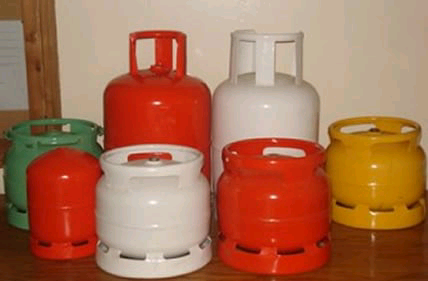
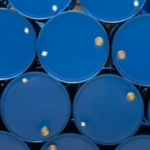


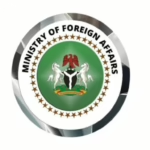




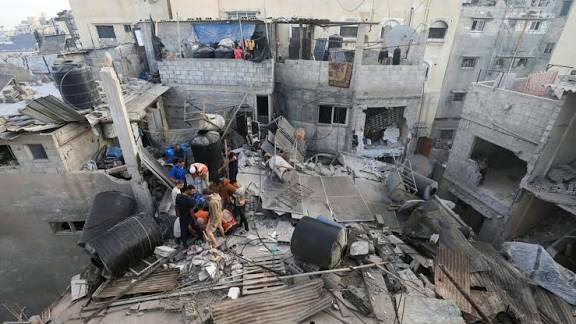
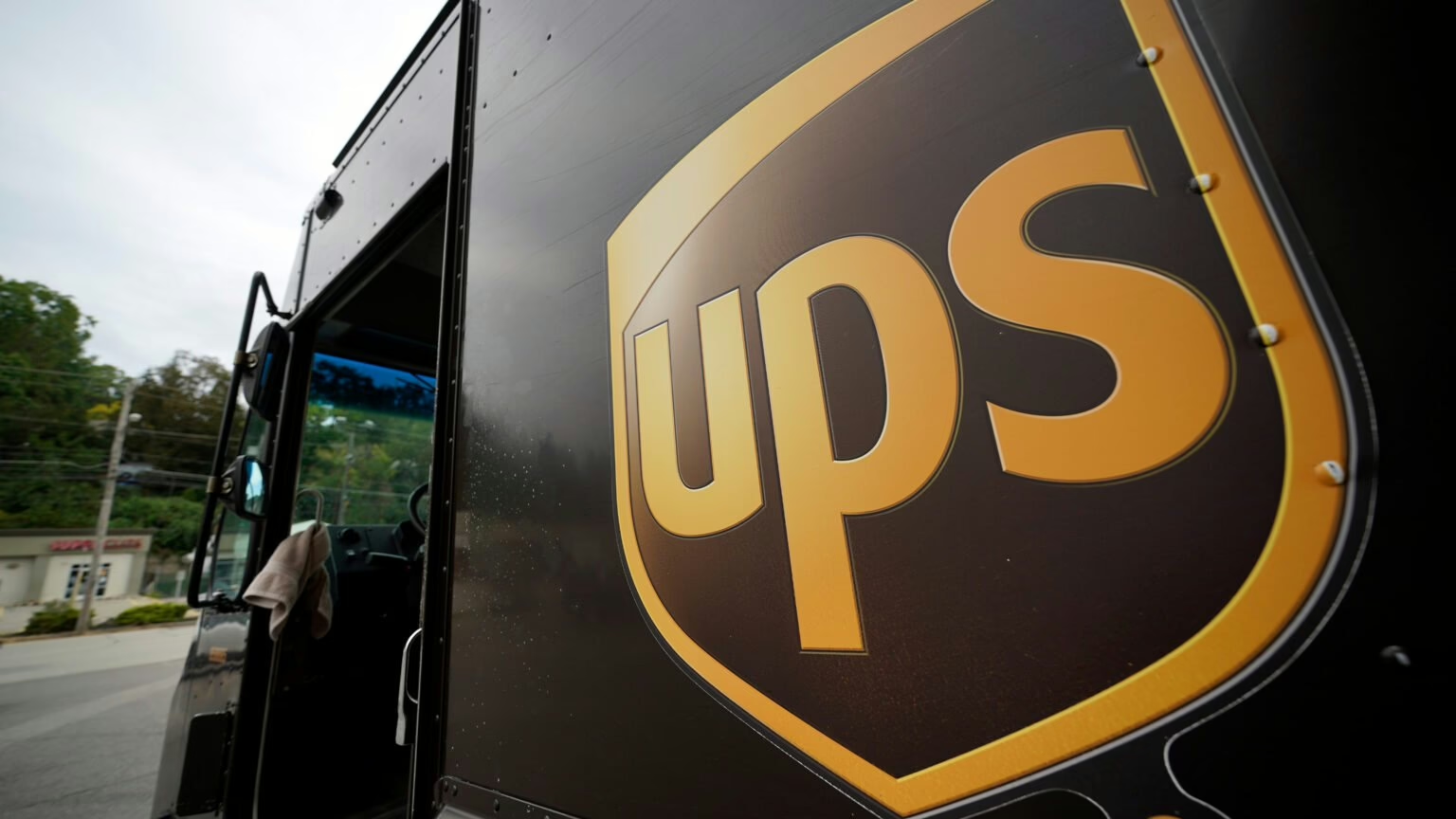
Leave a Reply